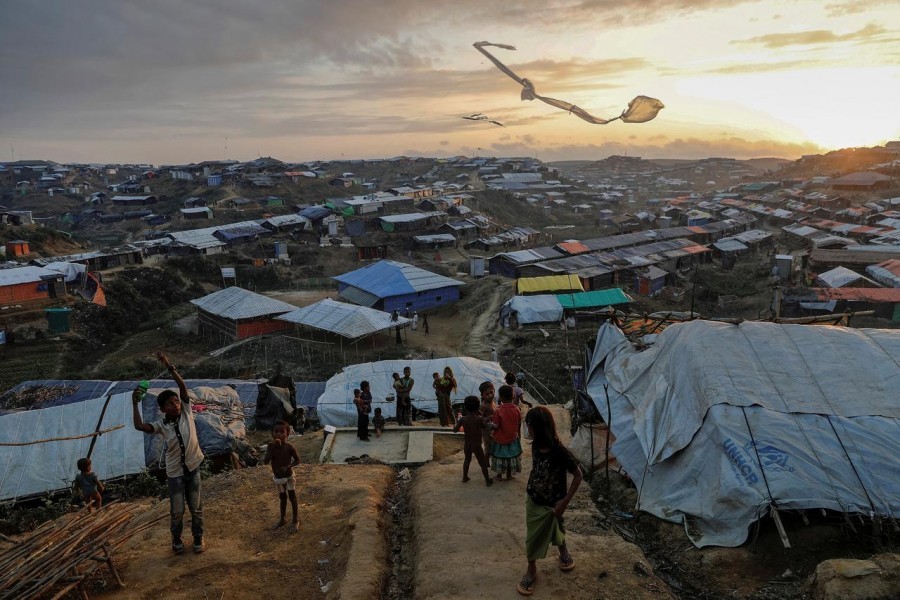Rohingya refugees in Bangladesh must be given the right to participate in decisions affecting their lives and speak for themselves, Amnesty International said in a new briefing on Tuesday.
The briefing, “Let us speak for our rights”, outlines how exclusion from decision-making is impacting the human rights of Rohingya refugees – from freedom of expression, assembly and movement to access to healthcare and education.
It also calls for a full and thorough investigation into allegations that Rohingya refugees have been subjected to extrajudicial executions.
“For decades, the Rohingya were subjected to persecution and discrimination in Myanmar, with hundreds of thousands forced to flee their homes because of crimes against humanity committed against them. Now, three years since their displacement, they are still suffering and prevented from speaking up for their rights,” said David Griffiths, Director of the Office of the Secretary General at Amnesty International.
“While the Bangladeshi authorities have taken many positive steps to support the Rohingya refugees, there is a lack of transparency in decisions, which almost entirely exclude Rohingya involvement. What is needed is a clear policy that is inclusive of Rohingya voices to ensure their human rights are properly protected.”
Amnesty International is also calling on the international community to support and work with the Bangladeshi authorities to develop the policy as part of their international cooperation and assistance to protect the Rohingya refugees.
For the briefing, the rights watchdog said it had interviewed more than 50 Rohingya refugees, as well as members of the host community, Rohingya diaspora, human rights activists and humanitarian staff.


